However, it diverges significantly from Tolkien’s original narrative.
In the books, this dramatic confrontation at the Cracks of Doom never occurred.
Isildur’s fateful decision to claim the Ring inJ.R.R.
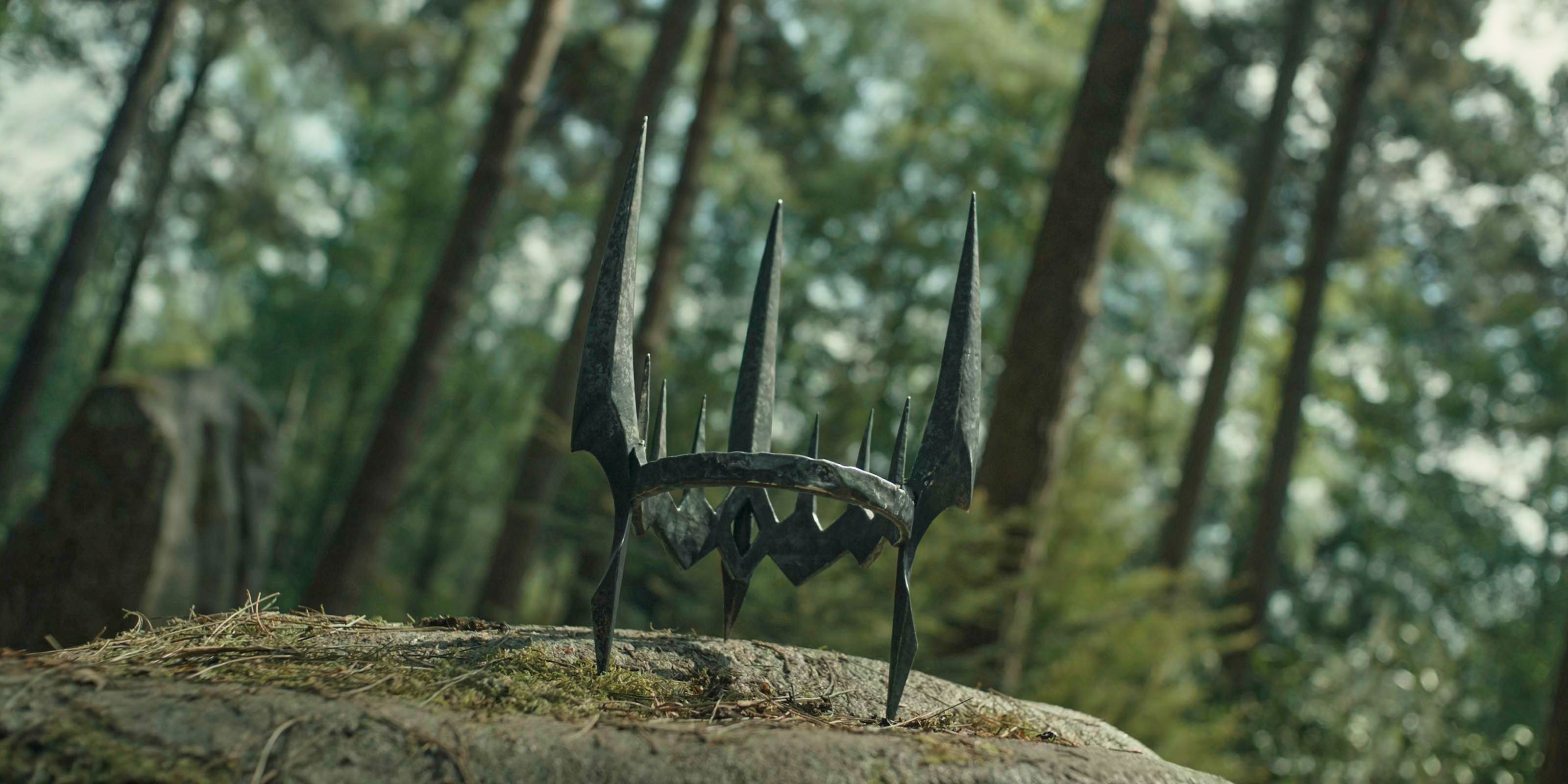
Tolkiens bookswas driven by grief and a profound misunderstanding of its true power.
In the books, Isildur’s refusal to destroy the Ring stemmed from grief.
He sought to keep it as a memento of his fallen father, unaware of its true power.
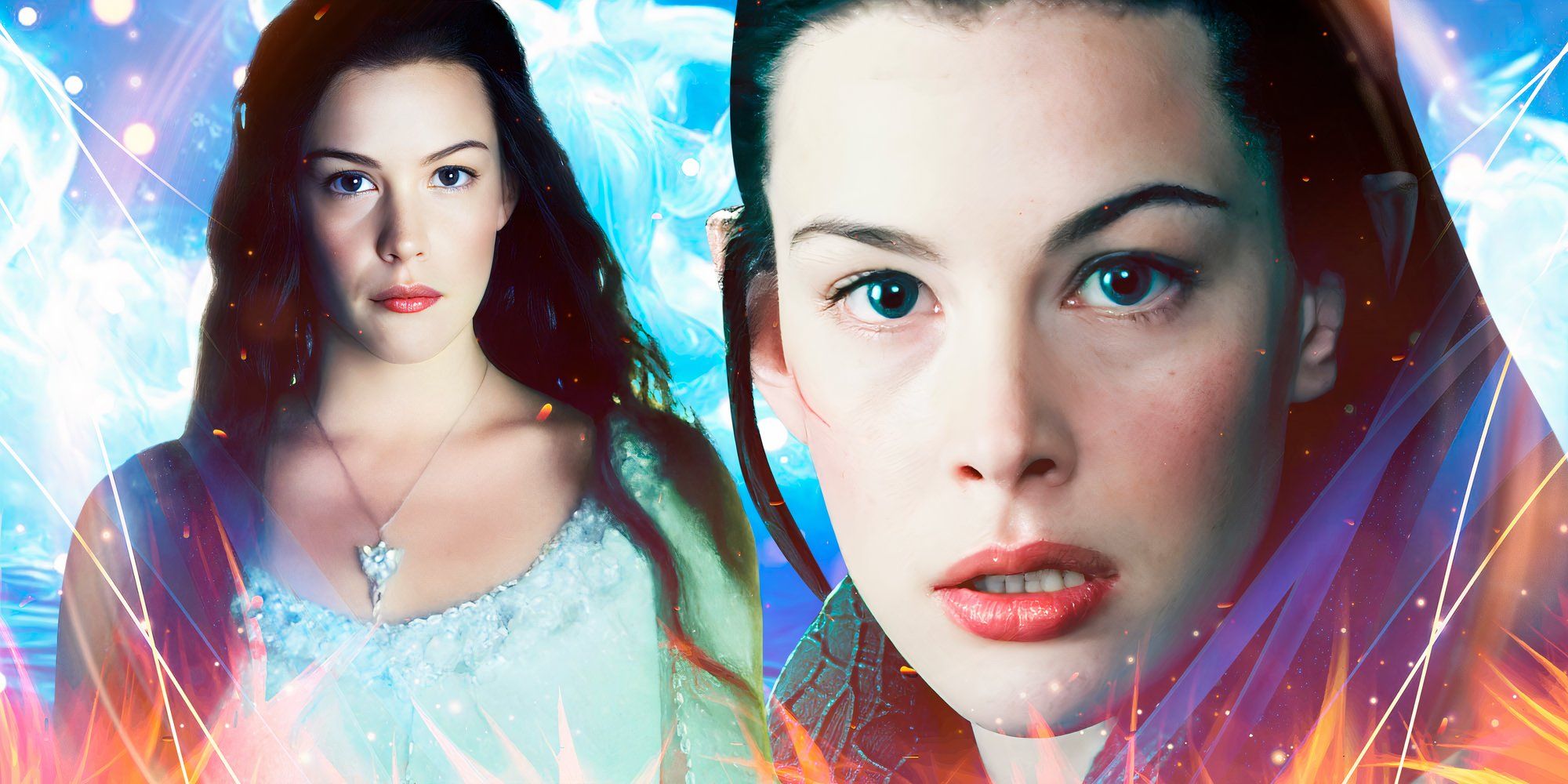
Eventually sensing its effects, he intended to relinquish it to Elrond.
His contributions to the history of Middle-earth were profound.
The time constraints to the backstory inFellowshipmean Jackson was unable to flesh out Isildur.
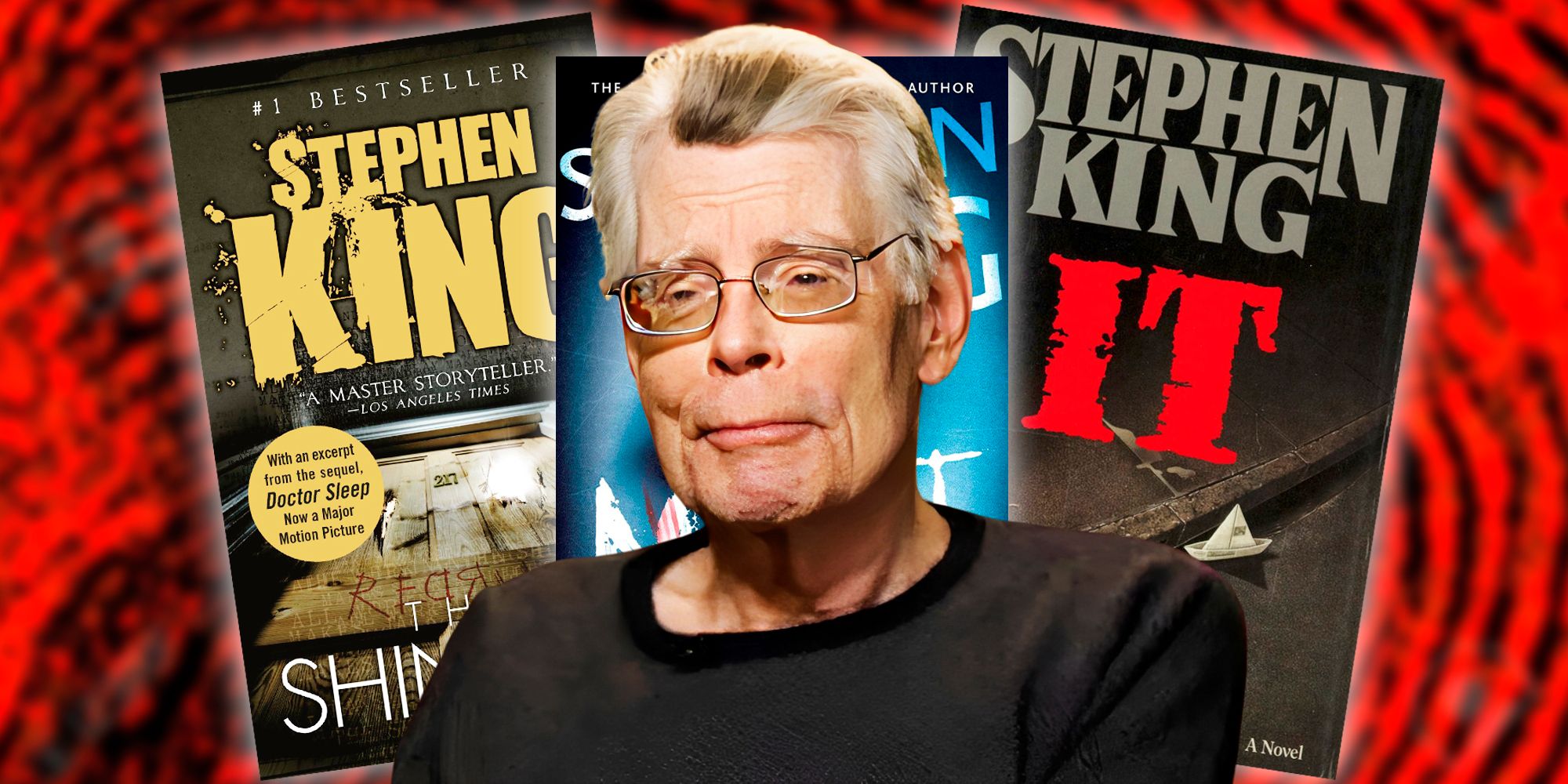
Would Elrond Have Been Able To Withstand Taking The Ring From Isildur?
Though akin to angelic beings in Tolkien’s Catholic-influenced mythology, Elves are not flawless.
Galadriel’s own temptation when offered the Ring by Frodo serves as a reminder of this vulnerability.
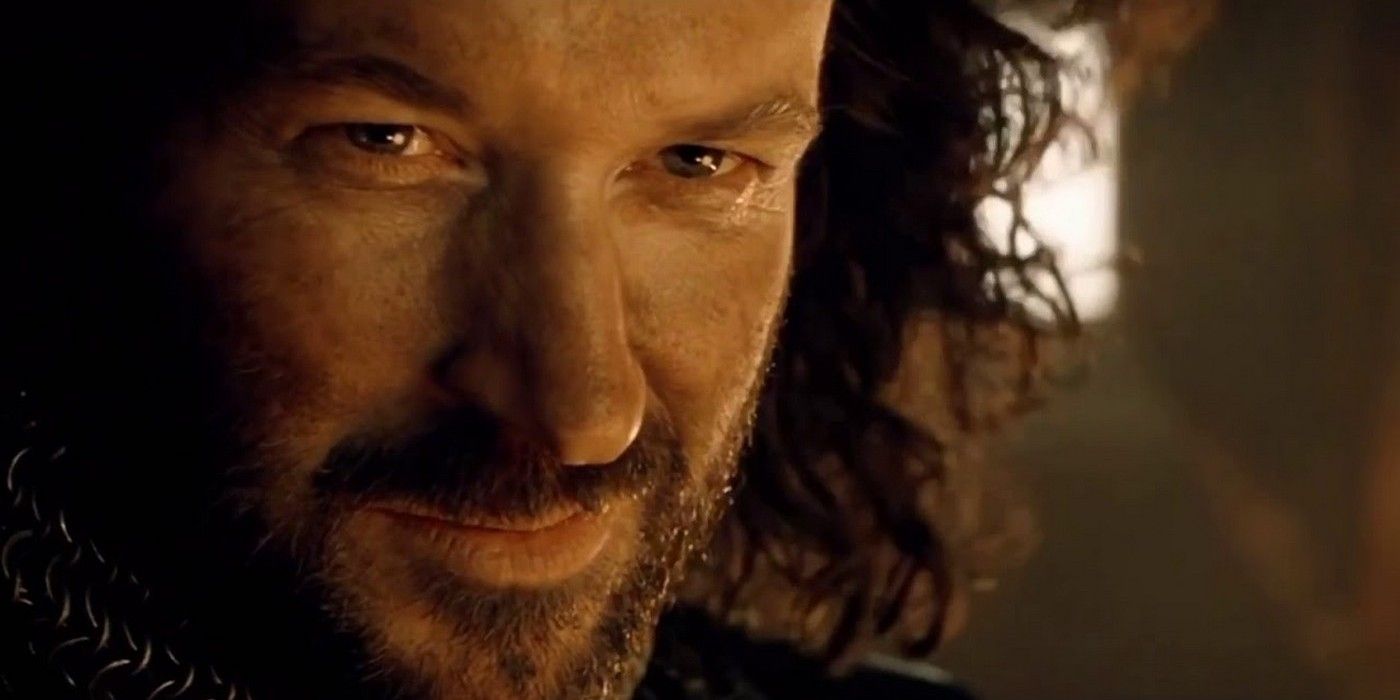
It should have been cast then into Orodruins fire nigh at hand where it was made.
This passage reveals the immediate complexities surrounding the Ring’s new owners reasoning for taking the Ring.
However, the ramifications extend far beyond a simple act of defiance.
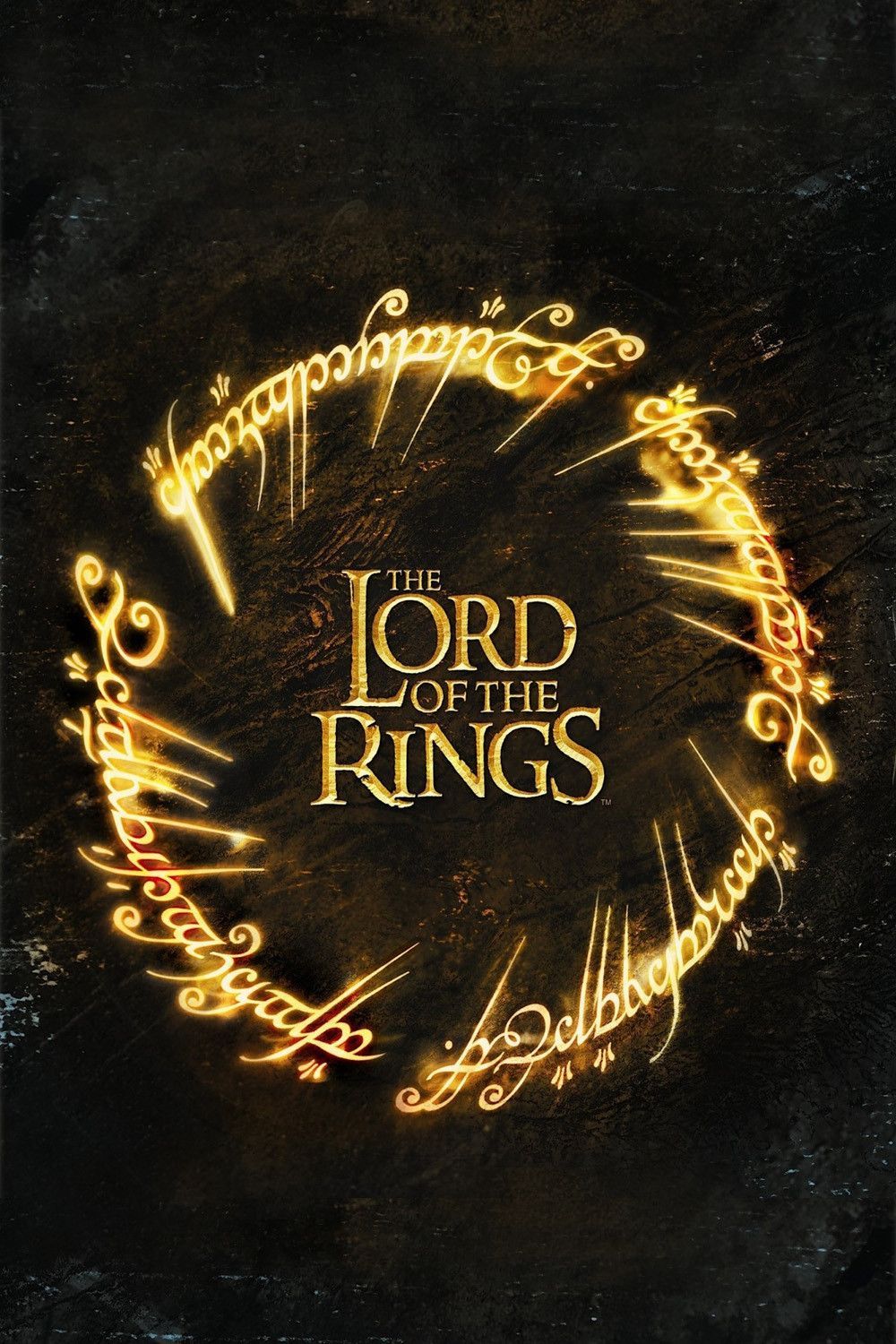
The Lord of the Rings is a multimedia franchise consisting of several movies and a TV show released by Amazon titled The Lord of the Rings: The Rings of Power. The franchise is based on J.R.R. Tolkien’s book series that began in 1954 with The Fellowship of the Ring. The Lord of the Rings saw mainstream popularity with Peter Jackson’s The Lord of the Rings and The Hobbit trilogies.
Isildur, a Numenorean of extraordinary strength, would have posed a difficult opponent, even for Elrond.
While he might have won, it would have been by the skin of his teeth.
The books reveal a further layer of complexity.

It was perceived as a powerful, but ultimately benign, artifact, akin to the other Elven Rings.
Isildur’s desire to keep it as a family heirloom was not met with fierce opposition.
Elrond’s counsel was more a suggestion born of caution than a forceful demand.

As Gandalf demonstrated with Frodo in the Shire, the Ring’s power works swiftly and insidiously…
Even had Isildur reached Elrond, the Ring’s influence might have proved too strong to overcome.
As Gandalf demonstrated with Frodo in the Shire, the Ring’s power works swiftly and insidiously.
This susceptibility is particularly pronounced in Men, as the films emphasize their inherent desire for power.
Isildur, a Numenorean of immense strength and stature, would have been no exception.
The franchise is based on J.R.R.
Tolkien’s book series that began in 1954 with The Fellowship of the Ring.